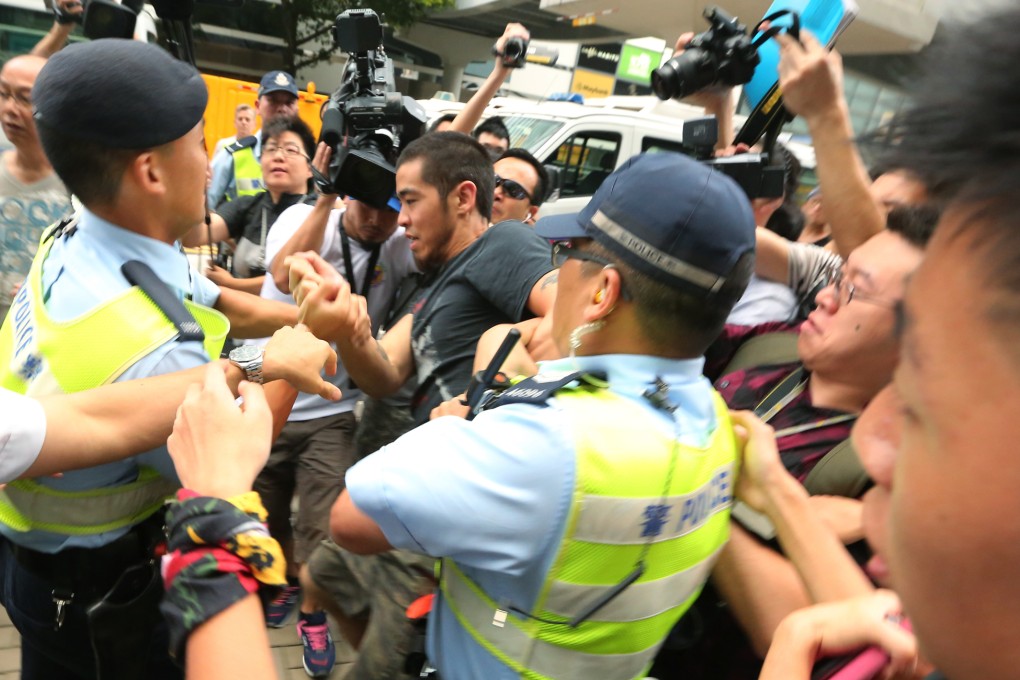Opinion | Hong Kong feels like pre-1997 all over again, only this time more radicalised
Michael Chugani says today's Hong Kong recalls the fear-filled days leading to the handover, only angrier and more polarised

Doesn't it feel like 2003 all over again, or even 1997? Remember those tumultuous times, the bitter Sino-British clashes over the political future of Hong Kong, which led to a confidence crisis, the collapse of the Hong Kong currency and the subsequent pegging of it to the US dollar.
Remember the fearful flight out of Hong Kong by tens of thousands of families after the 1989 Tiananmen bloodshed? And the barbed exchanges between then governor Chris Patten and mainland officials over democracy for Hong Kong? The so-called post-80s generation is too young to remember, but those panicky days are forever etched in the memories of older Hongkongers.
Things settled down after the handover. Families flooded back and prospered.
But then the 2003 earthquake of Article 23 national security legislation erupted. Half a million people marched in protest, a turnout so huge it forced the government to shelve the legislation, and Beijing to remove Tung Chee-hwa as chief executive.
Calm and prosperity again returned, but distrust of the Communist Party kept the flame of democracy flickering, later to be fanned by poor post-handover leadership, wealth disparity, poverty, unaffordable homes and dismal human rights on the mainland.
Who would have guessed the flame would erupt into the wildfire we have today, fed by rising suspicion that what awaits us in 2017 is fake democracy instead of the true universal suffrage we had expected? That wildfire of democracy has raged in full view of the world as well over 700,000 people have voted in an unofficial referendum on what kind of democracy Hongkongers want.
